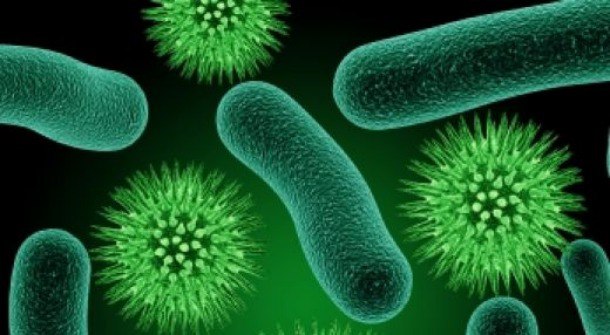
STD Direct Flow Chip Kit

INTENDED USE
STD Direct Flow Chip is an in vitro diagnostic kit for the detection of pathogenic organisms causing sexually transmitted diseases (STD) in humans. The organisms causing these infections are often difficult to detect and include viruses, bacteria or parasites, usually occurring co-infections. The methods that are currently used for their diagnosis are very laborious and not always show a 100% specificity. The STD Direct Flow Chip allows the simultaneous detection of 11 pathogens: Chlamydia trachomatis1*, Haemophilus ducreyi, Herpes simplex virus 1 and Herpes simplex virus 2, Mycoplasma genitalium, Mycoplasma hominis, Neisseria gonorrhoeae, Treponema pallidum, Trichomonas vaginalis and Ureaplasma2 (urealyticum/parvum). The STD Direct Flow Chip kit allows the direct detection of these infectious agents from different types of clinical samples (urine, semen, liquid-based endocervical cytologies; and urethral, endocervical, vaginal, anal and throat swabs) without previous extraction of DNA, as well as from purified DNA of these type of clinical samples.
1Biovars and Serovars of the Chlamydia trachomatis species detected with the STD Direct Flow Chip kit:
– Chlamydia trachomatis Biovar Trachoma: Serovars A-K.
– Chamydia trachomatis Biovar LGV: Serovars L1-L3.
* The Notified Body 0318 only intervenes in the evaluation of the compliance of the test for Chlamydia trachomatis Biovars A-K in urine and semen samples; urethral, endocervical and anal swabs. The detection of Chlamydia trachomatis Biovars L1-L3, as well as the detection of the Biovars A-K in endocervical pharyngeal and cytological samples are out of the scope of the certification of the Notified Body 0318.
2Ureaplasmas detected with the STD Direct Flow Chip kit:
– Ureaplasma urealyticum: UUR2, UUR4, UUR5, UUR7, UUR8, UUR9, UUR10, UUR11, UUR12, UUR13.
– Ureaplasma parvum: UPA1, UPA3, UPA6, UPA14.
Note: In the literature, it is common to use the terms Biovar or Serovar indistinctly to refer to Serovars A-K of the Trachoma Biovar and L1-L3 of the Biovar LGV of the C. trachomatis species.
Microbiological status: Non-sterile product.